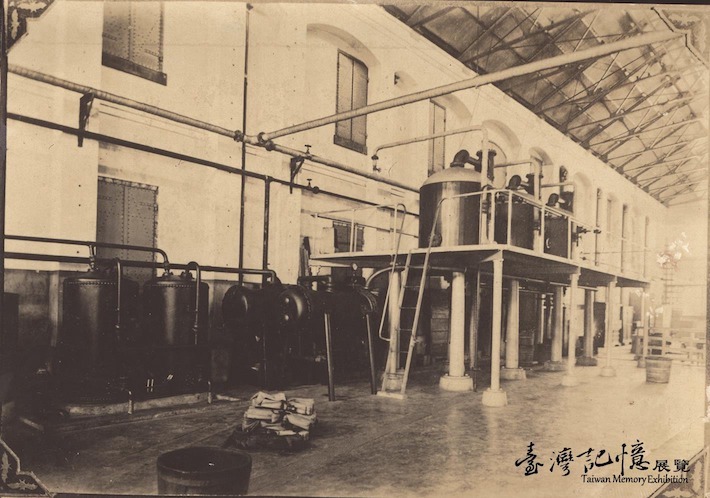At the beginning of the colonial era, the Japanese government believed that opium use was a seriously despicable habit and must be stopped, but still greedily eyed profits that were made from the drug. As a result, it adopted a policy of “gradual prohibition” where the government took control of opium sales. It tried to make its actions seem noble by stating it was “taking charge of the opium-using population so that it could take steps toward a complete ban.” In 1897, the government began its monopoly on opium. They also set up an opium production and distribution facility in what today is the Taiwan Tobacco and Liquor Bureau on Nanchang Road in Taipei.
This monopoly on opium was nothing less than the government openly dealing drugs and so the number of addicts only increased. In 1930, the Taiwanese People’s Party filed a formal complaint with the League of Nations, bringing international attention to the matter. This forced the Governor-General of Taiwan to set up renewal hospitals throughout Taiwan as rehabilitation centers.

Opium Factory
- NCL Special Collection / Du Zhe-yu / Japanese Colonial Period (1895-1945) / 10.3×7.3cm / 《Visual Feast》


